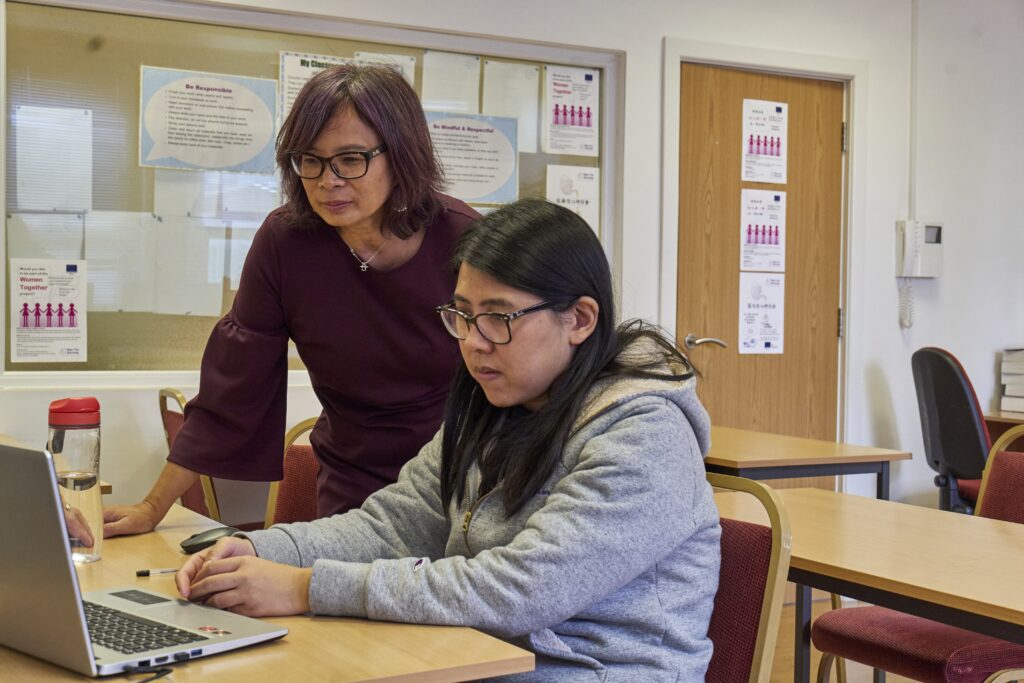Becoming an allied health professional support worker
The allied health professions offer a career that combines a challenge, an excellent employment package and the reward of doing something really worthwhile.
This section of our website explains how to prepare yourself so that you can apply for a job as an AHP support worker.

Work in different settings
AHPs provide treatment to prople to live life as fully as possible. They work across a wide range of different settings. This includes the community, education and hospitals.
Working with others
Support workers and assistants work alongside the allied health professions, providing high-quality care.
Work as part of a team
Support worker roles may work with one of the professions. For example, a radiography assistant or a theatre support worker. The roles may also work in a multi-disciplinary team. For example, a therapy assistant.










Functional skills
Functional skills are essential everyday abilities in literacy, numeracy, and digital technology that people use in their personal and professional lives.
Functional skills, particularly in Maths and English, are often a requirement to work as a support worker or assistant in the NHS or social care.
Functional skills courses are often offered for free to residents of Greater Manchester.
Digital skills
AHP support workers need to be digitally confident and competent, including understanding the potential of digital to improve care.
It is important to know how to effectively access, manage and share information, as well your ongoing learning and development.
Across Greater Manchester there is a range of support available, most of which is free or at a low cost, to help all of our residents to access the benefits the internet has to offer.
Support with digital skills
T Levels
T Levels are a two-year technical education courses for 16-18-year-olds. These free courses are for after you’ve completed your GCSEs. If you have a good idea which career you’d like to go into, and you want to learn the relevant technical skills for that career in a classroom, T Levels could be a good choice for you.
Care Certificate
The Care Certificate helps you to develop your skills, knowledge, and behaviours enabling you to provide compassionate, safe, and high-quality care.
Find out more about the Care Certificate and the skills it can equip you with to become an AHP Support Worker.
Higher Development Award (HDA)
The HDA is a personal development programme for Support Workers that enables Clinical and Non-Clinical Support Workers from all sectors to “Be the best and acknowledge potential”.
It can be delivered through a blended model, including virtual and face-to-face learning, and often involves partnerships with local Further Education (FE) or Adult Community Colleges. For more information contact your local college.
Case studies
Read case studies about people from across Greater Manchester who have become Allied Health Professional Support Workers.

